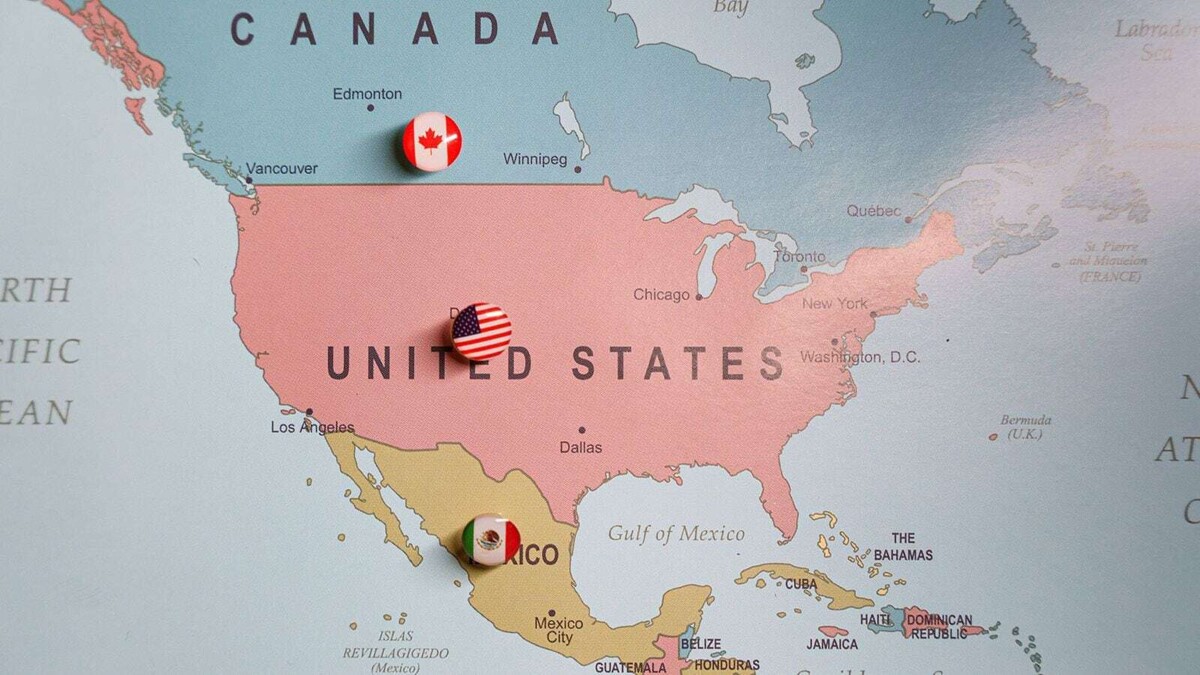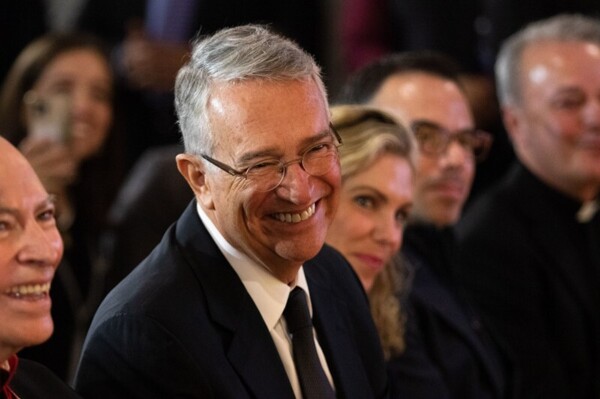
The President of the United States, Donald Trump, announced that a temporary pause has been agreed upon in the application of the 25 percent tariff on Mexican products that comply with the USMCA. This measure, which will be in effect until April 2, is a gesture of goodwill in recognition of the efforts of the Mexican government to curb the irregular flow of migrants and the trafficking of fentanyl into the US.
"We have seen great work from Mexico at the border, and this is a sign of our good relationship," Trump stated from the White House. Products such as computers, medical instruments, and malt beer will not be covered by this exemption, according to an analysis by Jason Miller, a professor at Michigan State University.
Despite the pause in the implementation of tariffs, the threat has generated uncertainty, which will impact investment and consumption, reflecting in a zero growth of the Mexican economy for the current year, estimated Sergio Kurzcyn, Director of Economic Studies at Banamex.
The regional content value (RCV) is key for products to benefit from the rules of origin of the USMCA and move freely between Mexico, the US, and Canada without paying tariffs. Francisco J. Peña-Valdés, the binational Secretary General of the Mexican Entrepreneurs Association (AEM), explained that a minimum percentage of components manufactured in the region is required for them to be considered "originating."
The private sector recognized the negotiating capacity of President Claudia Sheinbaum, the Secretaries of State, and the entrepreneurs to establish communication with their counterparts in the United States and postpone the imposition of tariffs on Mexican imports. Francisco Cervantes, President of the CCE, expressed the expectation that this situation will not be recurrent.














